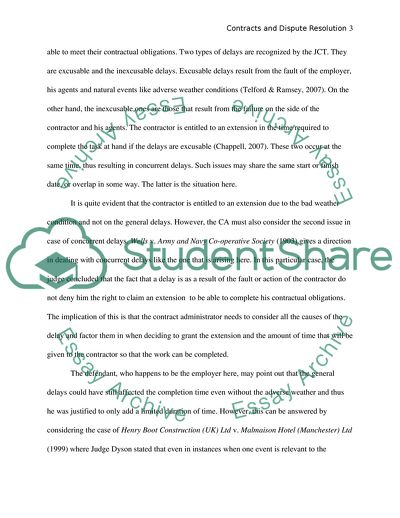Cite this document
(Construction Law, Contracts & Dispute Resolution Report, n.d.)
Construction Law, Contracts & Dispute Resolution Report. https://studentshare.org/law/1857854-construction-law-contracts-dispute-resolution
Construction Law, Contracts & Dispute Resolution Report. https://studentshare.org/law/1857854-construction-law-contracts-dispute-resolution
(Construction Law, Contracts & Dispute Resolution Report)
Construction Law, Contracts & Dispute Resolution Report. https://studentshare.org/law/1857854-construction-law-contracts-dispute-resolution.
Construction Law, Contracts & Dispute Resolution Report. https://studentshare.org/law/1857854-construction-law-contracts-dispute-resolution.
“Construction Law, Contracts & Dispute Resolution Report”. https://studentshare.org/law/1857854-construction-law-contracts-dispute-resolution.


